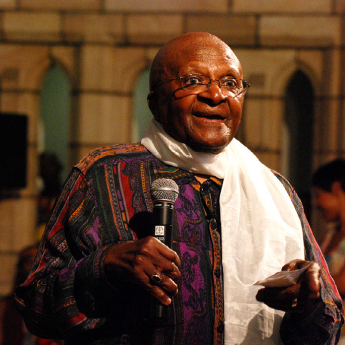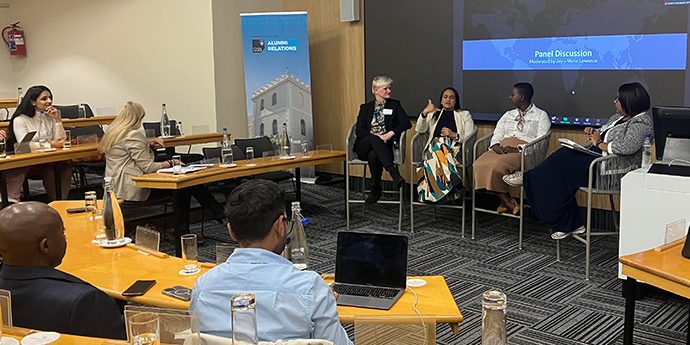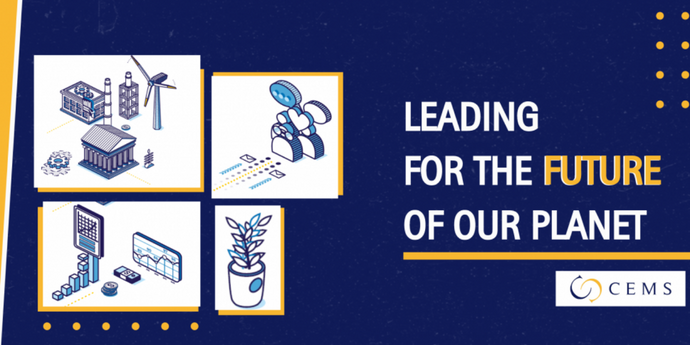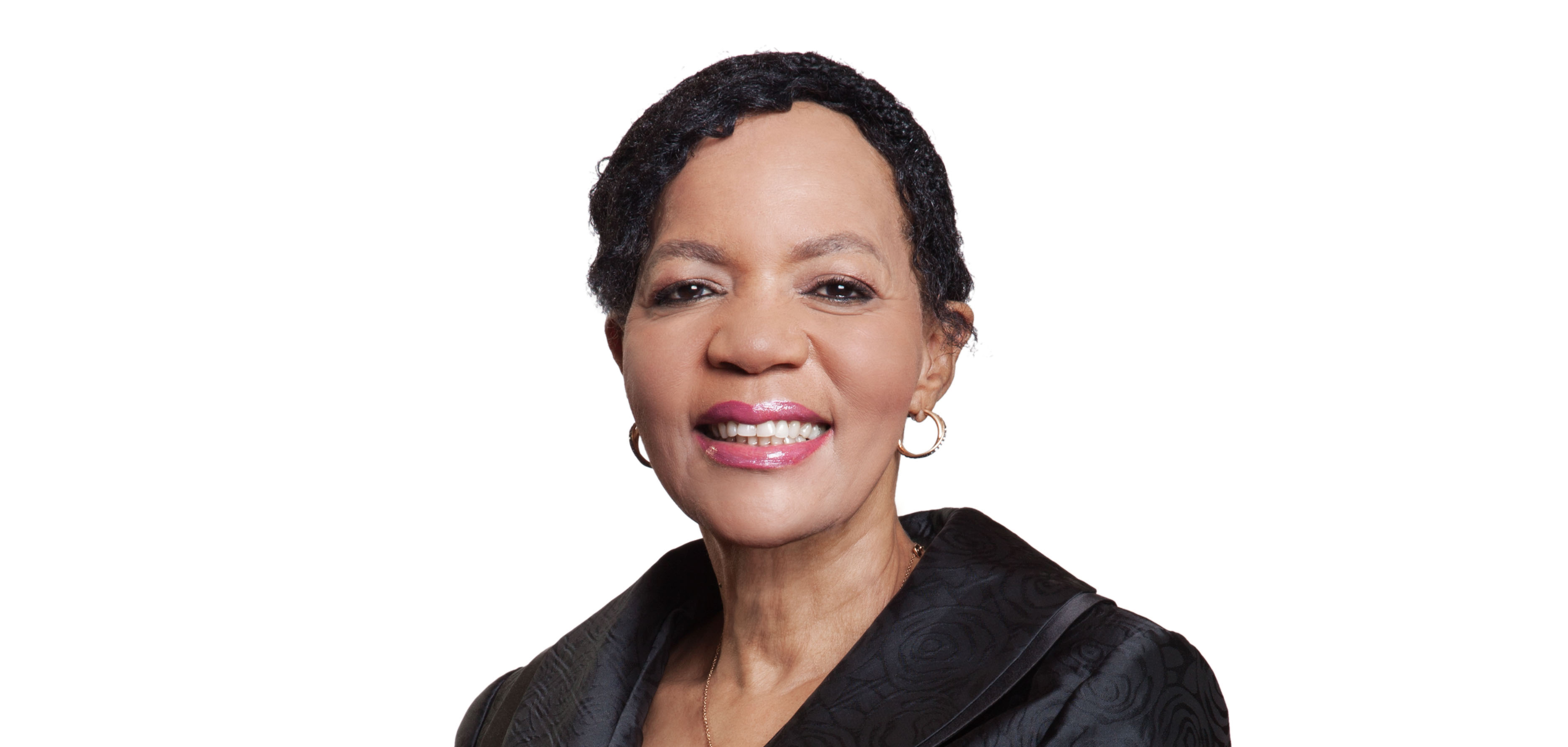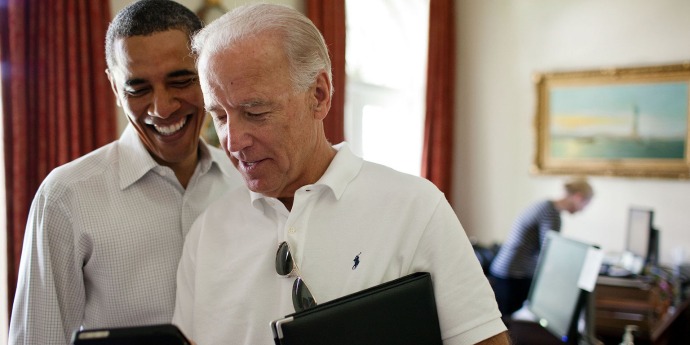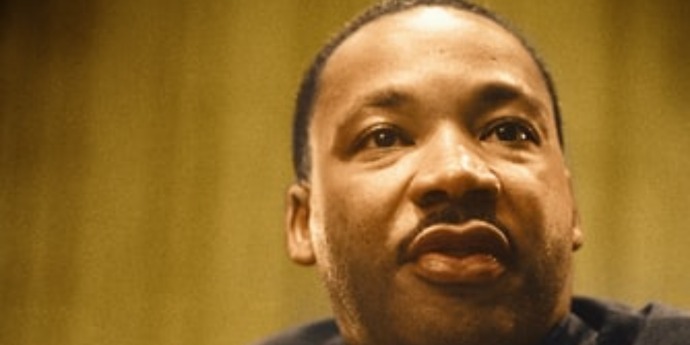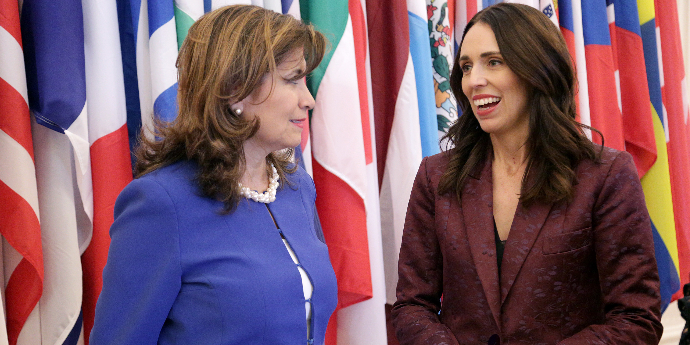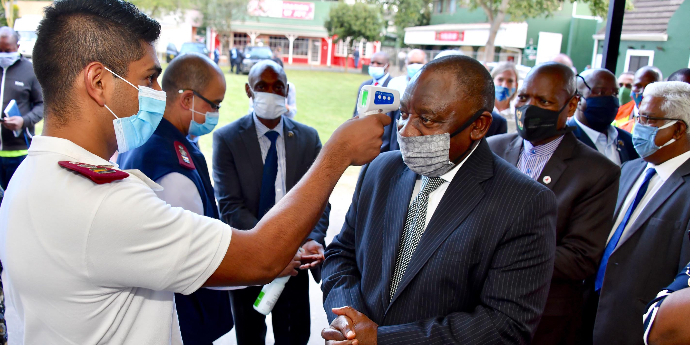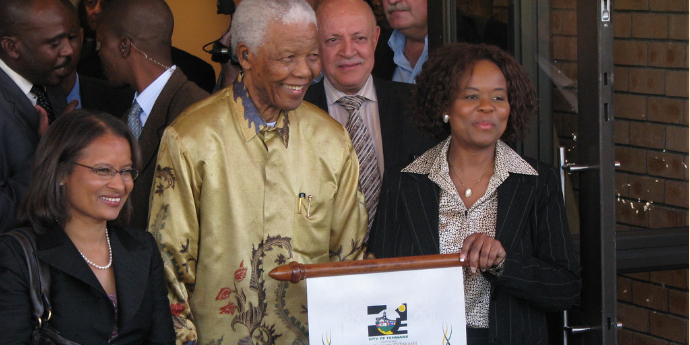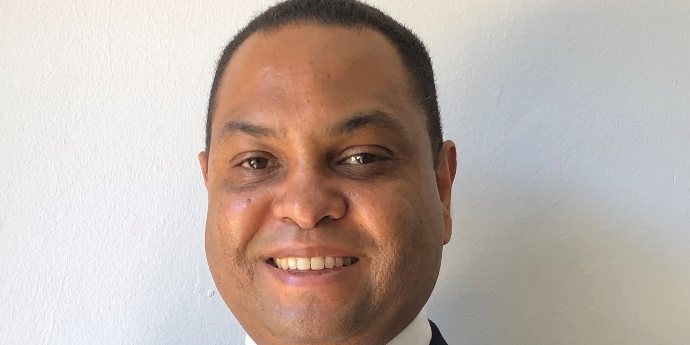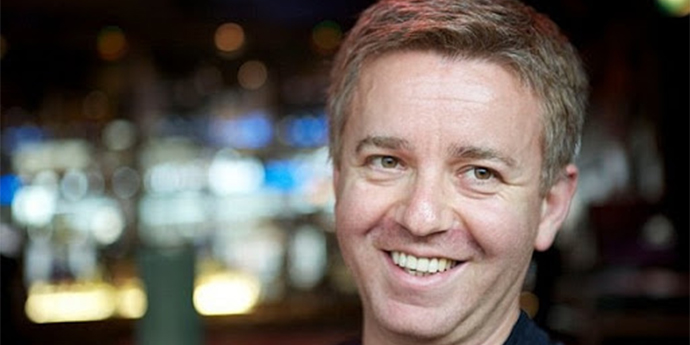Some of the world’s best-known leaders experienced great suffering and hardship in their lives. Think of Nelson Mandela imprisoned on Robben Island for 27 years. Another South African Nobel Peace Prize laureate, Archbishop Emeritus Desmond Tutu, not only survived tuberculosis as a teenager, but fought apartheid, endured imprisonment, and later in life had cancer as well. At his recent 90th birthday, Reverend Allan Boesak said, “You have seen it all. But you have always given us hope. You have always spoken to our hearts. And you are still speaking to us today through your life.” As the world struggles through a global pandemic along with serious threats posed by climate change, rising inequality, and poverty, we need inspirational leaders like Desmond Tutu to steer us to better times. But leaders themselves are struggling. A survey of more than 300 US business leaders found that stress levels are higher now than before the pandemic. A total of 21% said they feel “much more stressed” and 54% said they are more conscious of their employees’ stress levels. Workplace safety and wellness was named as the top priority forbusiness leaders in 2021 by the Los Angeles Business Journal.
The pressure on business leaders to deliver results and maintain their own – and protect their employees’ – mental wellbeing is intense. Yet, conventional leadership development programmes tend to focus on leader case studies and frameworks that are designed to analyse leader experiences and study their decisions. It is questionable if following their example represents leadership or followership. Additionally, novel challenges mean that there are no previous examples to study for guidance on the current business landscape. Now, more than ever, the foundational role of the leader as a communicator has become important.
Self-aware individuals are more confident and make better decisions
Leaders like Tutu and Mandela inspire because leadership is not something they do, it emanates from within them, shaped by their biology, education and upbringing, and all of their experiences.
Increasing attention has been paid to self-awareness, psychological development and growth in many leadership development programmes in recent times – even before the pandemic hit. As one Harvard Business Review article states, self-aware individuals see themselves more clearly, are more confident, and make better decisions. They have stronger relationships and communicate better. They are also “more effective leaders and with more satisfied employees and more profitable companies.”
Gaining self-awareness and insight into your own subconscious can be complicated. It’s something you need to work at constantly. Yet one rather deceptively simple way is through poetry. The authentic human experience expressed through poetry can be used in various parts of human psychological development, helping individuals gain insight into their own life journey, challenges, and achievements. All of this goes into the personal framework that shapes a leader. Writing poetry in a safe space can be an extremely useful tool for self-mastery as it facilitates the uncovering of unspoken self-expressions, helping the writer see themselves more clearly.
You will not find much about poetry in traditional leadership development literature. But poetry and stories have been used for centuries to bring hope, to warn, to help, and to transfer knowledge and engage others. Various studies over the past decade have shown that interesting things happen in the brain when people read poetry. Through brain imaging, scientists have been able to conclude that the brain links the various layers of meaning in poetry to an understanding of daily life. This can be invaluable during these increasingly ambiguous and uncertain times we live in.
Poetry writing is a helpful tool for leaders to access their subconscious, unconscious and also their shadow psyche to attain deeper levels of self-awareness and clarity needed to lead through complexity, by opening up pathways for reflection. As former UN Under-Secretary General and Special Adviser on Africa, Advocate Bience Gawanas, says in the beginning of a new book on poetry and leadership, The Poetic Journey of Self-Leadership: Leadership Development Along Stages of Psychological Growth: “Self-leadership is about knowing who you are, working on your personal growth and becoming the leader you wish to be. This book gave me a different perspective on leadership by weaving through poetic expressions to bring life and self to the leadership discourse.”
Poetry and all forms of artistic expression have the potential to change our worldview, and our view of Self. For those leaders willing to try something new, it could be an unusual but surprisingly rewarding tool for personal and professional development. At the very least, it’s a guaranteed means to destress and gain perspective – and that alone makes it an avenue worth exploring.
Dr Babar Dharani, Senior Lecturer at the Allan Gray Centre for Values-Based Leadership, is lead-author of a new book, The Poetic Journey of Self-Leadership: Leadership Development Along Stages of Psychological Growth. It is co-authored by Professor Kurt April from the UCT Graduate School of Business (UCT GSB) and Kathy Harvey, Associate Dean for the MBA and executive degrees at the Saïd Business School at Oxford University.

